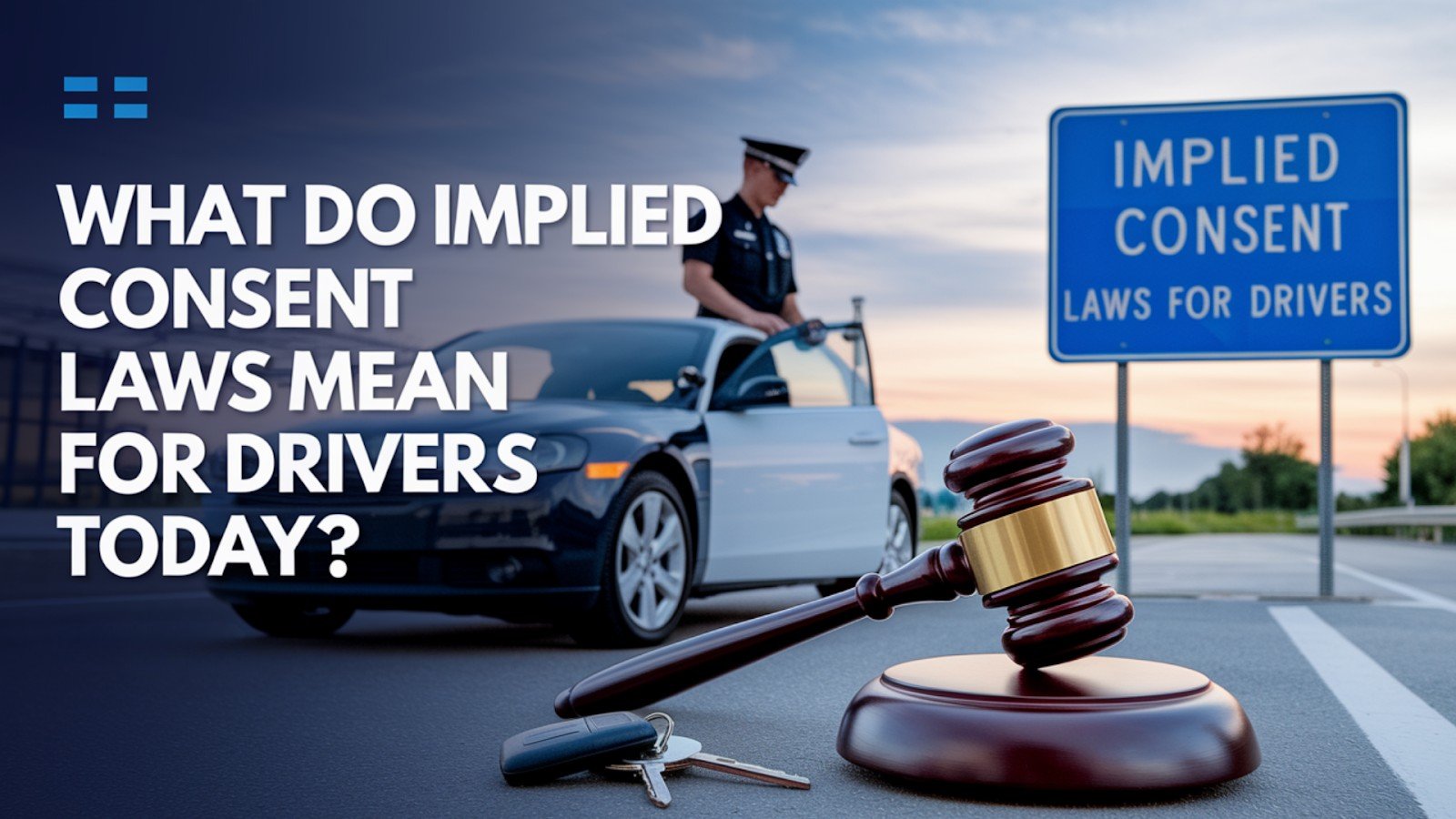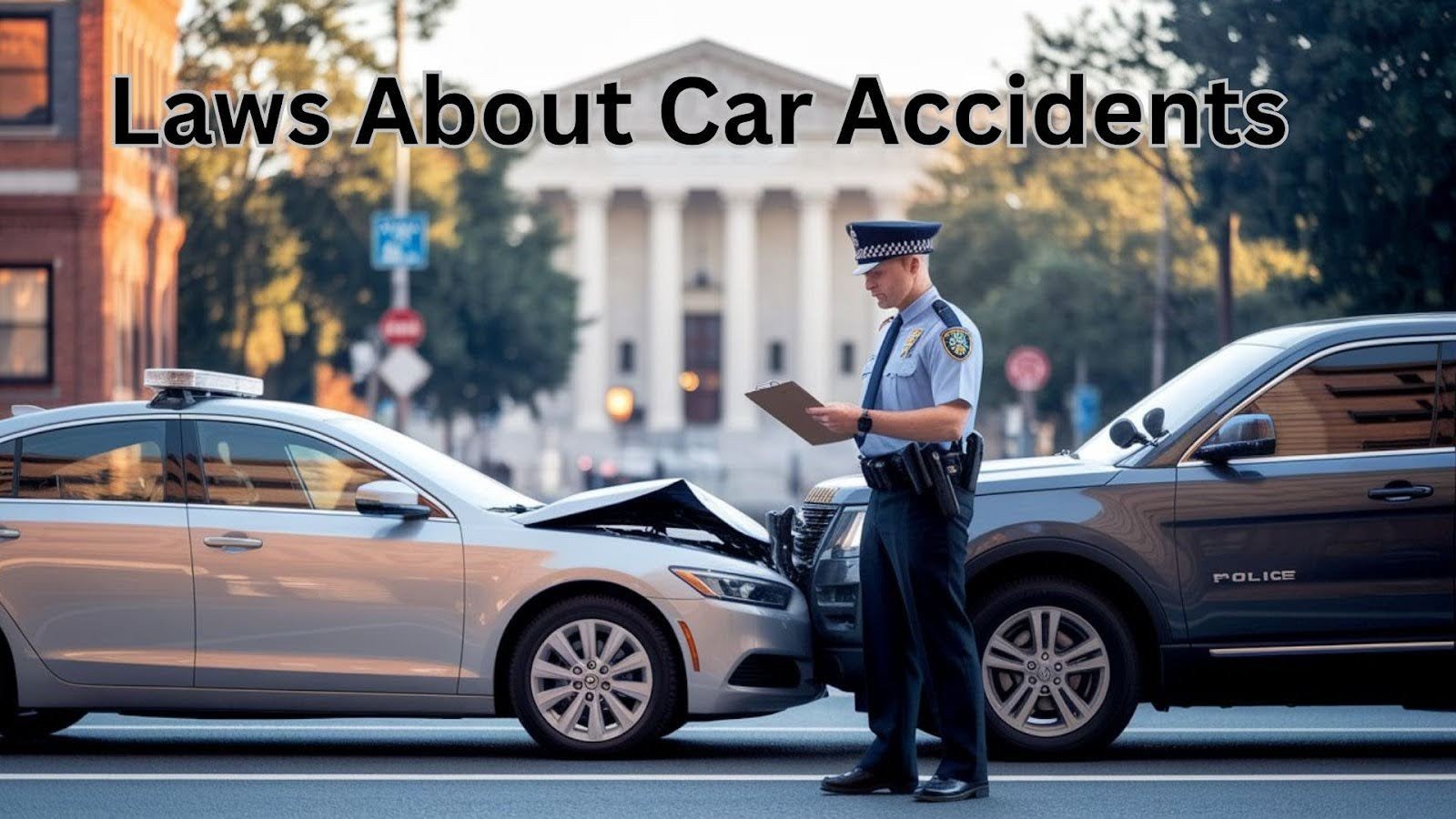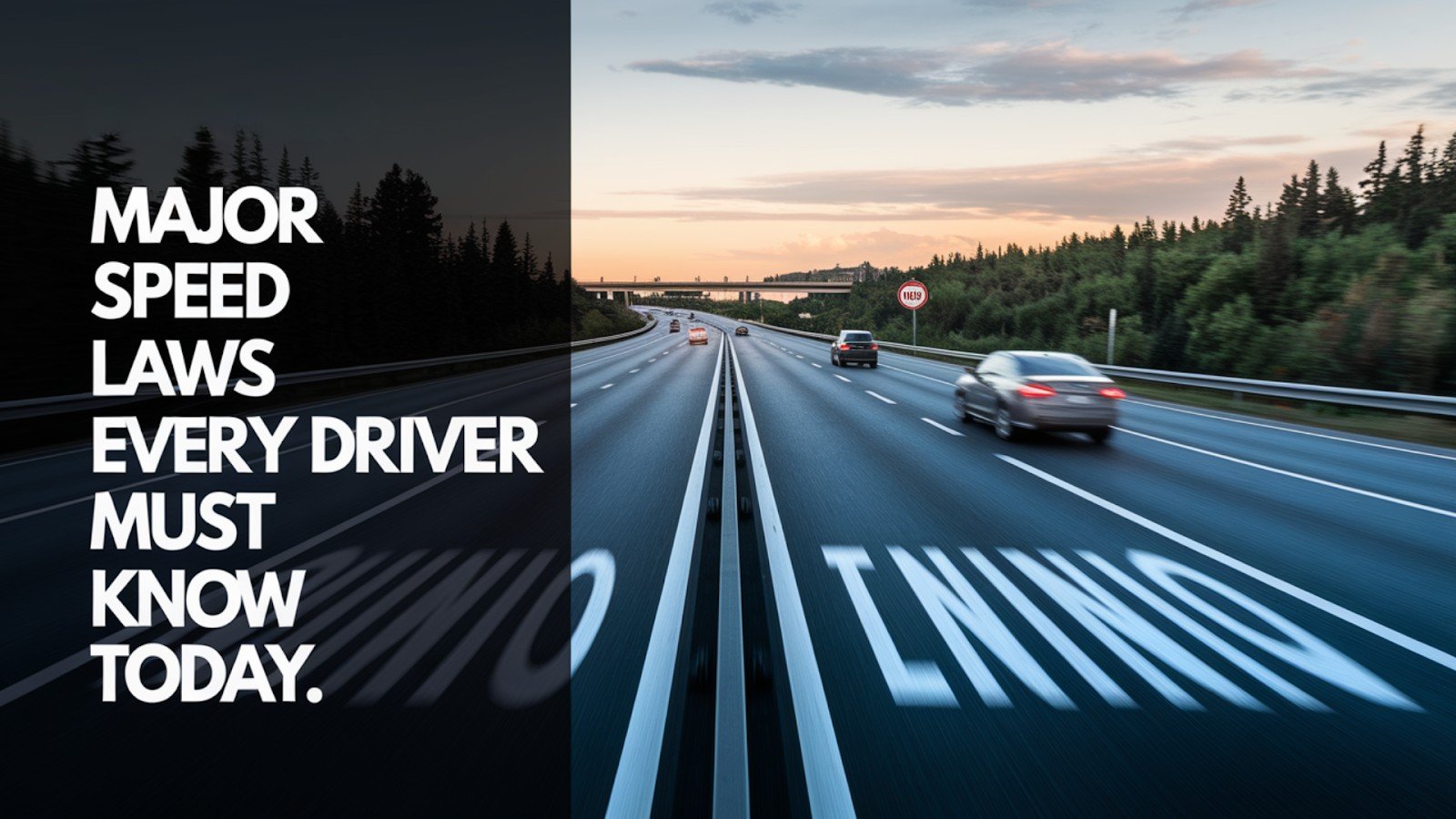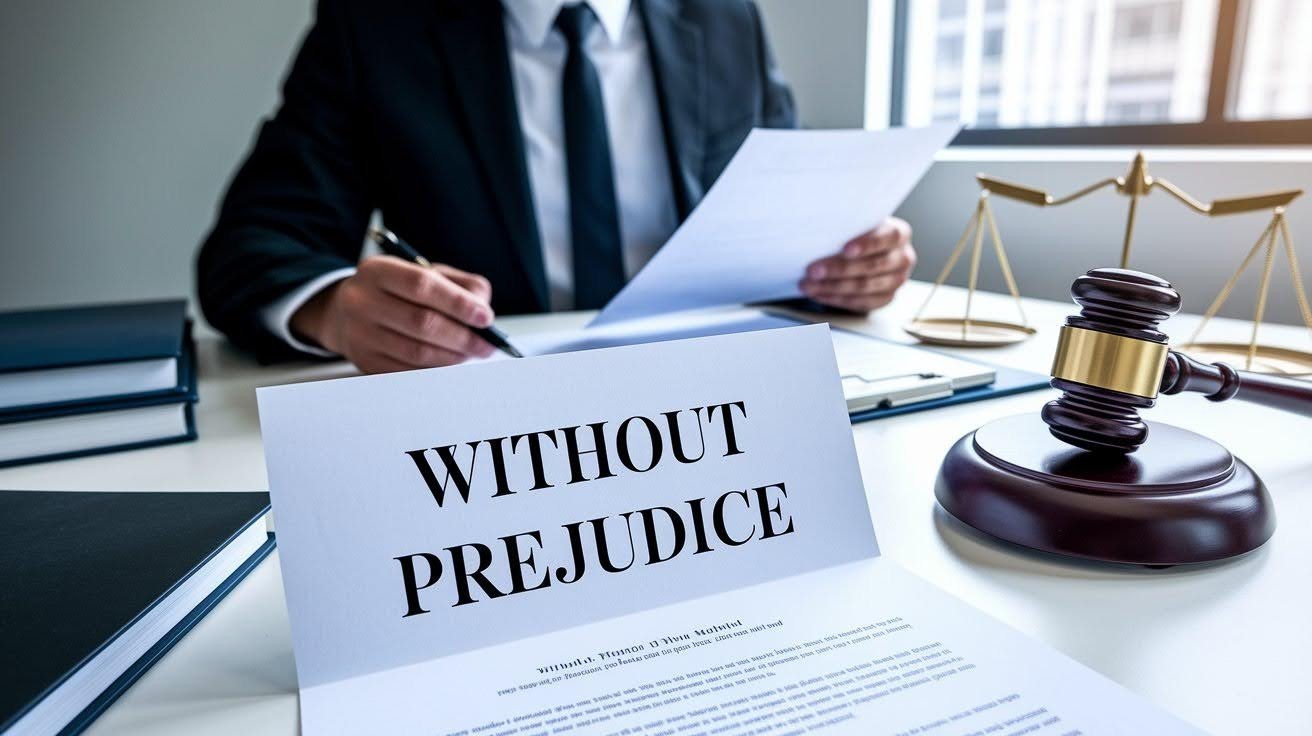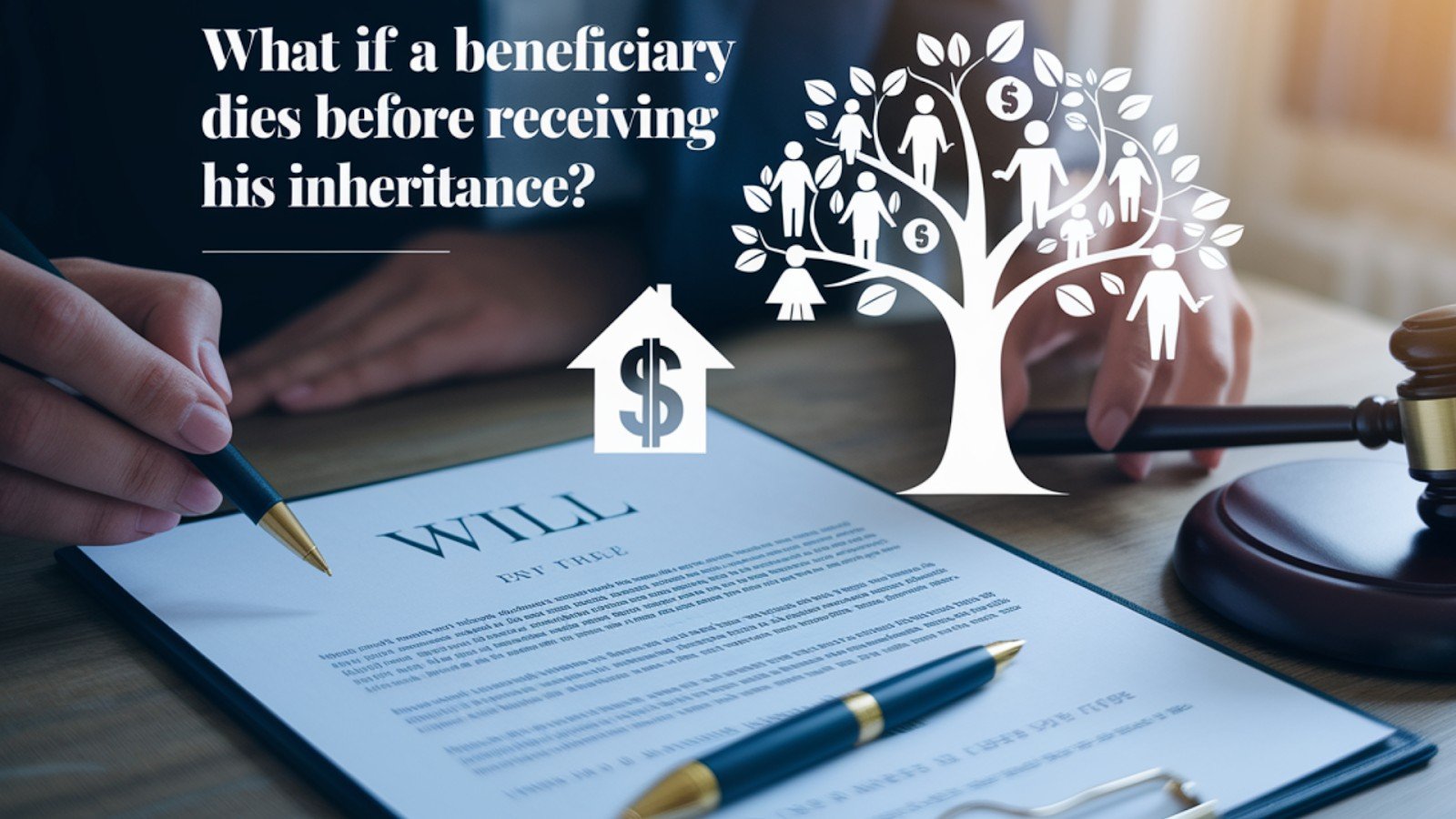Imagine lights that are flashing red and also blue behind you. You deny a breath test upon an officer’s request. What happens next? Under something called implied consent, most drivers do not realize this agreement now.
Your driver’s license makes alcohol tests legally binding if driving while impaired is suspected. It is not simply a no. Declining is a difficult deed. It causes grave financial and legal outcomes now.
This article explains the meaning of implied consent laws, the consequences of testing refusal, and the effects of these laws on driving rights.
To give you clear and improved information, current laws from all fifty states were examined. Knowing about your rights and responsibilities right now can help you avoid losing your license. You could face costly sanctions in case you are ever pulled over otherwise.
What Is Implied Consent?

Implied consent means agreeing without actually saying it. Your actions and the situation show that you consent to something. It’s consent that isn’t directly stated but assumed based on what’s happening around you.
Here’s a simple example: If you’re unconscious after a car crash, paramedics will help you. They don’t wake you up to ask permission. Your need for help implies that you want to be saved. This happens in hospitals, too, when doctors treat unconscious patients.
In driving, implied consent works the same way. When you get your license, you’re agreeing to follow certain rules. One big rule is that you’ll take tests if police think you’re driving drunk.
What Tests Are Required Under Implied Consent Laws?

Not all tests are created equal. Some happen on the roadside, others at the police station. Knowing the difference could save you trouble down the road.
Roadside Tests vs. Station Tests
Roadside tests happen during the traffic stop. These include portable breathalyzer tests that officers carry in their cars. Field sobriety tests, like walking in a straight line or following a pen with your eye, also happen on the roadside.
Station tests are more serious and happen after arrest. Police use official breathalyzer machines at the station that are more accurate than portable ones. These results carry heavier legal weight in court proceedings.
Blood and urine sample collection typically happens at the station or hospital. Station tests usually fall under implied consent laws, while roadside tests often don’t. But this varies by state, so don’t count on this distinction protecting you.
When Police Can Request Testing
Police can’t just pull you over for fun. They need reasonable suspicion that you’re breaking the law before they can stop your car. This means they must observe signs that suggest impaired driving.
Officers look for specific warning signs during traffic stops. These include the smell of alcohol or drugs, red, bloodshot eyes, slurred or unclear speech, and unsteady walking. They also watch for open alcohol containers, visible drug items, and unusual sweating patterns.
Blood alcohol limits are clearly defined by law. Regular drivers over twenty-one can’t exceed 0.08%. Commercial drivers must stay under 0.04%. Drivers under twenty-one face much stricter limits of 0.00% to 0.02% in most states.
Legal Rights and Protections Under Implied Consent

You still have rights, even after agreeing to implied consent. But these rights come with serious consequences if you choose to use them. Understanding these rights helps you make better decisions during traffic stops.
Your Right to Refuse (And Its Limits)
You can legally say no to testing, and police cannot physically force you. Officers cannot hold you down and force you to blow into a breathalyzer machine. This right to refuse exists even though you agreed to implied consent.
However, refusal brings automatic penalties that kick in immediately. Your license gets suspended right away, even before any court case begins. Some states let prosecutors tell juries about your refusal, making you appear guilty before the trial starts.
Massachusetts offers an exception to this rule. In that state, your refusal cannot be used against you in court as evidence of guilt. Most other states don’t offer this protection, so refusal can hurt your case during trial.
When Implied Consent May Not Apply
Private property creates confusing gray areas in DUI law. Some states only enforce implied consent laws on public roads and highways. If you’re on private property, the usual rules might not apply to your situation.
Other states don’t care where you’re driving when it comes to DUI enforcement. They’ll arrest you and apply implied consent laws whether you’re on a highway or in a parking lot. The rules vary dramatically from state to state, creating confusion for drivers.
Never assume private property protects you from DUI laws. Even if implied consent doesn’t apply in your location, you can still face DUI charges through other state laws and regulations.
Search Warrants and Forced Testing
Police have backup plans if you refuse to submit to testing. They can get search warrants from judges to take your blood by force. This legal process overrides your right to refuse testing under implied consent laws.
Search warrants happen more often in serious cases involving injury or death. Judges approve blood warrants quickly when someone gets hurt in an accident. The warrant process can be completed by phone in many areas across the country.
Your refusal might only delay testing by an hour or two. Court orders completely override your refusal, leaving you no choice but to submit. Forced blood draws are legal when police have a proper warrant from a judge.
Here are two more legal rights and protections with H2 headers:
Your Right to a Hearing About Your License
You get the chance to fight your license suspension at a special hearing. This hearing happens separately from any criminal court case about your DUI charge. You must request this hearing quickly, usually within 7 to 30 days after your arrest.
At the hearing, you can challenge whether the officer had a good reason to stop you. You can question if the testing equipment worked correctly. You can also argue that the officer didn’t explain the consequences of refusing properly. If you win this hearing, you might get your license back while your criminal case continues.
Many people skip this hearing because they don’t know about it or miss the deadline. Don’t make this mistake. The hearing gives you a chance to keep driving while fighting your case. A lawyer can help you prepare and present your arguments at this hearing.
Protection Against Inaccurate Test Results
You have the right to challenge test results that might be wrong. Breathalyzer machines need regular maintenance and calibration to work correctly. If police didn’t maintain the equipment properly, the test results might not be reliable in court.
Blood tests can also have problems that affect accuracy. The blood sample must be collected, stored, and tested using specific procedures. Mistakes in any of these steps can make the results unreliable. You can demand records showing how your sample was handled from start to finish.
Many things can cause false readings on breath tests. Medical conditions, certain foods, and even mouth alcohol can make results appear higher than your actual level. Your lawyer can bring in experts to explain these problems to the judge or jury. Courts must throw out test results that don’t meet proper scientific standards.
Conclusion
What is the meaning of implied consent laws? Upon receiving a driver’s license, just imagine an automatic agreement for alcohol tests if police suspect driving while impaired.
If someone says no to a test, this can cause instant license suspension, and more serious consequences than if someone fails the test can occur. Each of these laws can be different within every state, and they apply to every licensed driver if they use the public roads.
To be prepared is all that it takes. No further action is required from you now. Follow your state’s rules as you understand when driving, don’t drink, and seek legal help if something goes wrong ASAP.
The laws may feel strict to us. However, knowing the regulations can preserve your driving privileges. Knowledge empowers better choices when situations are stressful.
Frequently Asked Questions
What are implied consent laws for drivers?
Implied consent laws mean that when you get your driver’s license, you automatically agree to take alcohol or drug tests if police suspect impaired driving. You don’t get asked again later – you already said yes when you signed for your license.
Can I refuse a breathalyzer test?
Yes, you can legally refuse, but it comes with automatic penalties. Your license gets suspended immediately, often for 6 months to over a year. Many states also impose fines and let prosecutors use your refusal against you in court.
What’s the difference between roadside and station tests?
Roadside tests use portable breathalyzers and field sobriety checks during traffic stops. Station tests happen after arrest using official machines, blood draws, or urine samples. Station tests are more accurate and carry a heavier legal weight in court.
Do implied consent laws apply to private property?
It varies by state. Some states only enforce these laws on public roads, while others apply them anywhere you drive. Never assume private property protects you – you can still face DUI charges through other laws regardless of location.
What happens if I refuse testing twice?
Penalties get much worse with repeated refusals. Many states impose longer license suspensions, higher fines, and additional requirements like mandatory education programs. Some states, like Florida, can even file criminal charges after a second refusal.

